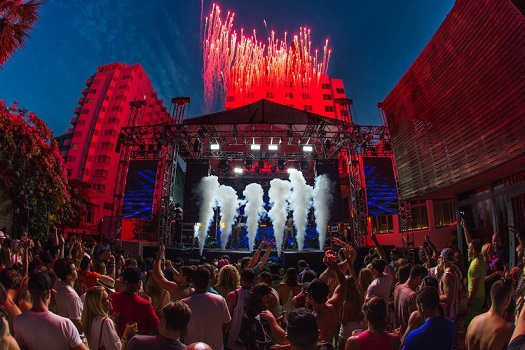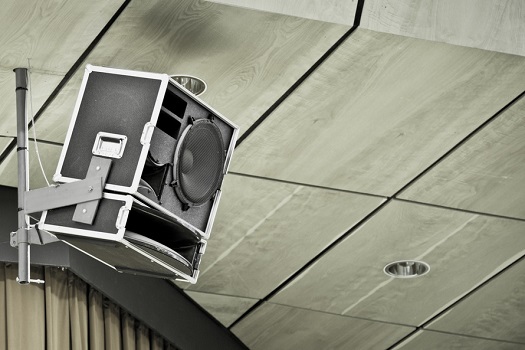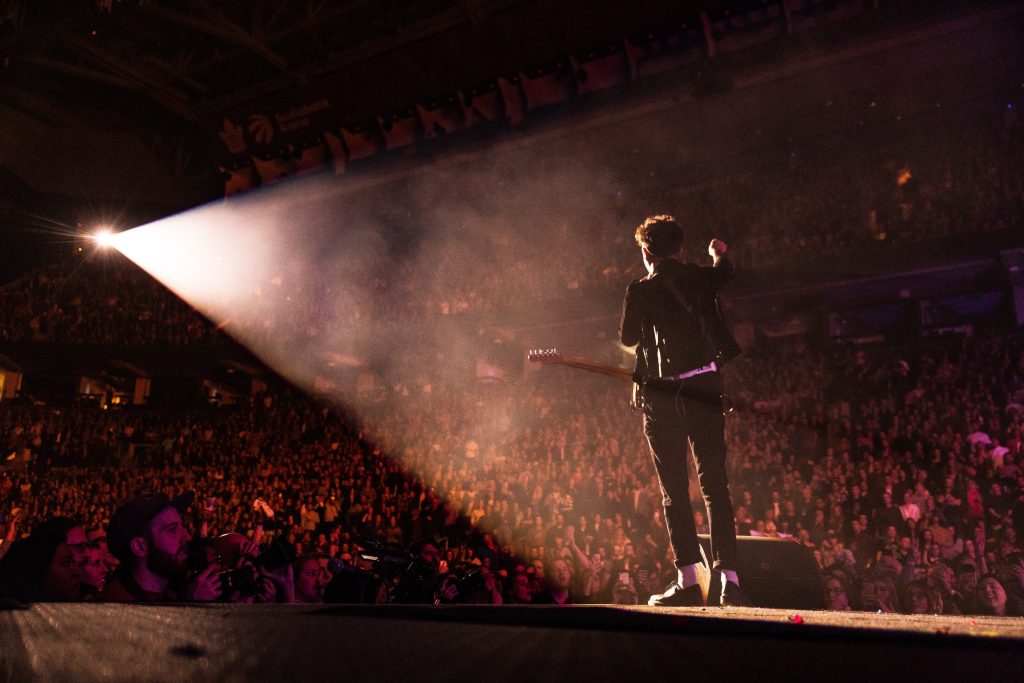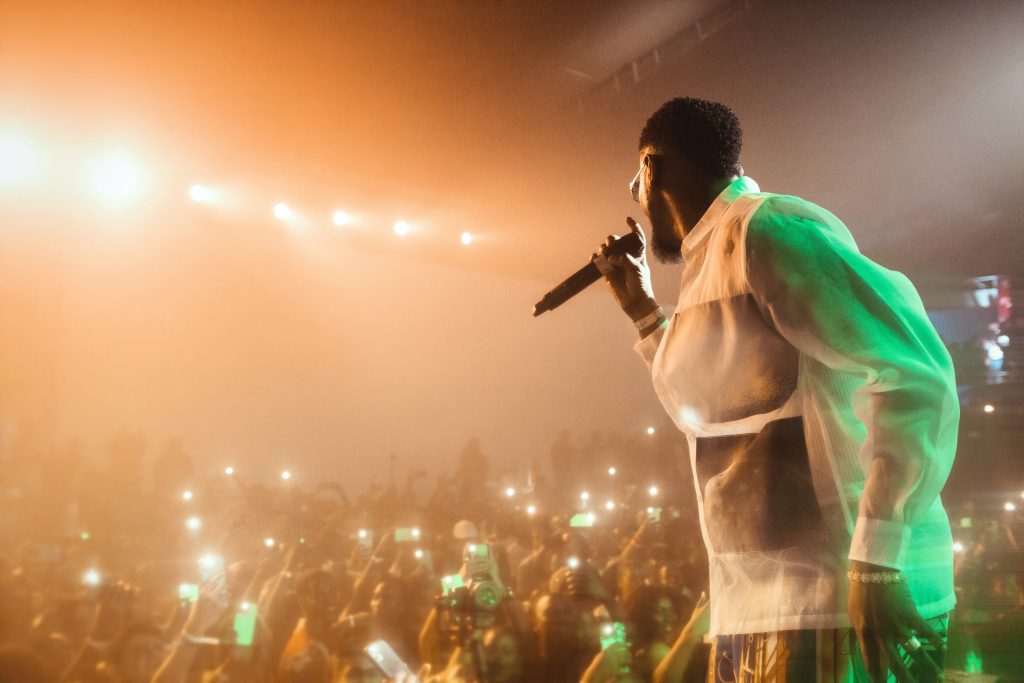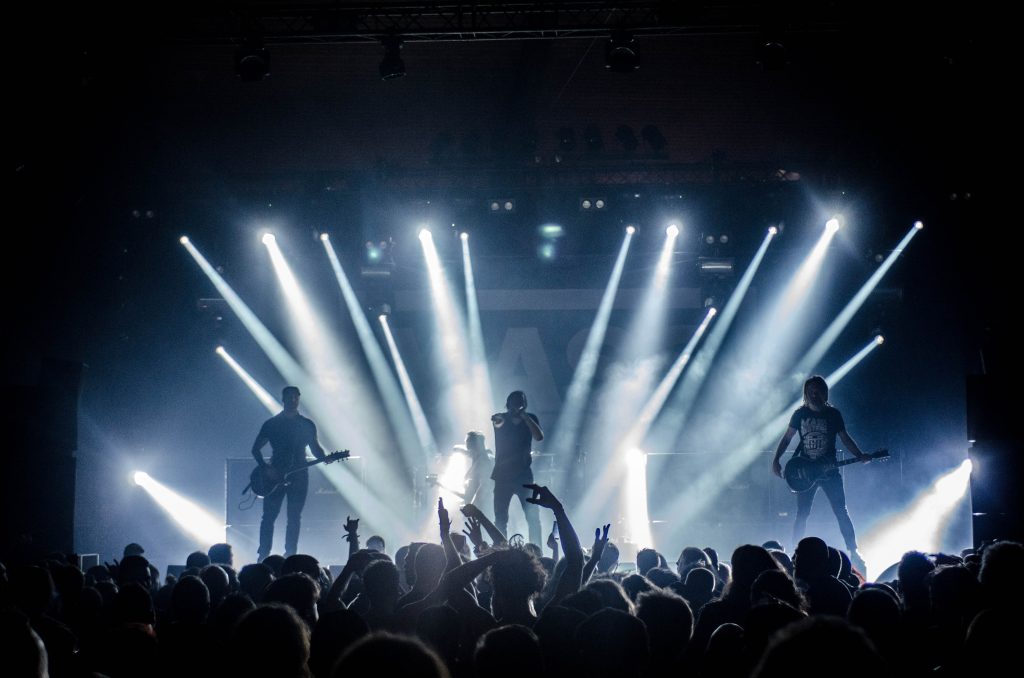One important part of keeping your booking business healthy is continuing to make connections and build relationships with new venues. And that means you will often find yourself in a position to be making a first booking at a new venue. The first booking always has a learning curve, even if you’ve booked acts at dozens of other places. Each venue—like each artist—has its own preferences and habitual ways of handling events. This quick guide will run you through the tips you need for your first booking at a new venue so you don’t get stuck with an angry artist, an unhappy venue manager, or poor financial turnout.
Know the Venue Capacity
Among the first items on your to-do list should be checking venue capacity. It’s a good idea to find out about this before you make any other plans for booking the performance. Knowing the size of the venue helps you to determine whether you can get your money back through ticket sales.
When you book an artist, you will have a lot of upfront expenses, including the artist’s fee, as well as the cost of equipment and possibly travel and accommodations. In addition to artist expenses, many venues also charge a fee to rent out the venue for that night. You will likely have a few other ways to recoup those costs, but you really want those extra sales, like liquor and VIP experiences, to be profit.
An easy way to check that you’re in the black is to multiple the price of tickets by the venue capacity. And then do everything you can to make sure the performance is filled to capacity. You want to be certain you can make your money back or there is really no point in making the booking.
Balancing Artists Needs with Venue Accomodations
Your artist may or may not be familiar with the venue. It is your responsibility to make sure that everything they need for the performance can be accommodated at the particular venue where you are making the booking. If you’re working with an artist that you have booked before, this part of your job should be fairly easy because you will already know what to expect in their artist rider.
However, if you are booking for a new client, it is important that you are able to review their artist rider as soon as possible. You definitely want to make sure that your artist is fully accommodated and you provide everything they request in the contract. You can certainly negotiate on aspects of the rider, but once the contract is signed you are obligated to provide exactly what the artist has asked for.
Some venues may have rules about what kinds of things can be brought in, so it is important that you check with both the venue and the artist before signing agreements with either.
Always Check Venue Policies
You of course want to make sure that you take advantage of all possible income streams from a booking. And liquor sales can be a major source of profit. However, many venues depend upon sales from the bar as their bread and butter, and such venues often will not let you make any money off the bar whatsoever.
That being said, it never hurts to check what the venue’s bar policy is. You may be able to arrange for a percentage of the bar. And other venues will even let you pay a flat fee to take over the bar for the night. See what you can negotiate with the venue regarding money from liquor sales. If you are going to negotiate for the bar, just like any negotiation you are going to need something to leverage in your favor. For instance, you could guarantee future events or promotion for the performance.
Of course, if their policy is that they strictly retain all profit from liquor sales, then leave it alone and look for other ways to increase your chances of a financially successful booking.
If the venue is on a college campus, then alcohol typically will not be allowed. Make sure that your artist is aware of the policy and adheres to the venue’s rules so that you will not have any issues booking another performance at the location in the future.
Even if the event will be at a venue with a no-alcohol policy, you have other options available for increasing your financial gains from the performance, like VIP tickets or merchandise available for purchase. You can sell VIP experiences for a certain number of individuals to meet the artist backstage and get autographs. Many artists also have posters, t-shirts, CD’s and other merchandise available that can be sold at the show. You can negotiate with the artist to get a percentage of those sales, as well.
Communicate with the Tour Manager
The tour manager is usually the person you will be talking to the most when it comes to making sure you have what the artist needs. Even new artists usually have someone who handles all the details for them and keeps their calendar organized. The tour manager will not only let you know what equipment and other supplies you will need to provide for the event, they will also be able to let you know where you can make substitutions in your equipment budget. This is very important. Never, ever make a substitution without getting it approved by the band’s tour manager. Making an assumption about what an artist can use can be an extremely risky move that could end with the performer backing out of the show.
That also goes for where you can acquire equipment. If the artist puts in the contract that they get an item from a particular place, then you need to make sure that is where you go. Do not shop around for a deal. Or if you do, talk to the tour manager to see if the other provider is acceptable.
Be Prepared to Mediate
Like it or not, you are put in the position to make sure that everyone else is happy. You need to ensure that the performance goes smoothly both for the venue and for your artist. It is essential to your career that both of them walk away feeling good about the booking. Occasionally, however, you are going to find that a venue cannot accommodate one or more of the artist’s requests. When that happens, you will need to pull out your negotiating skills and talk to the artist or their manager about an acceptable alternative. It will probably be easier to get the artist to make a change than to try to get a venue to change its policies.
The first time booking at a new venue is always the most hectic. But you’ll learn more strategies for avoiding surprises the longer you are in the business. Keep reading the Bookagentinfo.com blog for need-to-know information that can prevent blow-up situations during your celebrity bookings.

